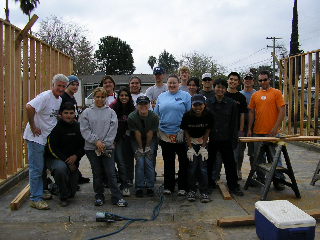Jan and Bud Richter Center
Value of Reflection
The importance in Service Learning Pedagogy
 As John Dewey pointed out, it is reflection that makes an experience educational.
According to Janet Eyler, successful reflection activities embody the four Cs: Continuous,
Connected, Challenging, and Contextualized.
As John Dewey pointed out, it is reflection that makes an experience educational.
According to Janet Eyler, successful reflection activities embody the four Cs: Continuous,
Connected, Challenging, and Contextualized.
Continuous: Reflection needs to be on-going. Employing reflective activities simply as a formative
assessment is not adequate to address the continual learning taking place in a service-learning
context.
Connected: Reflection should link classroom learning with real world experience. Making this
connection visible to the student provides a powerful learning experience.
Challenging: Even formative assessments fail if they don’t challenge students to think critically. Assessment needs to delve deeper than simply accounting for their hours and experiences.
Contextualized: Reflection activities move the student's mindset from doing to thinking. Effective implementation of reflective learning must be relevant to the student’s service-learning experience while appropriate to the type of work s/he is doing. The closer aligned the reflective activities are to the service-learning assignment the more likely the student will see its value.